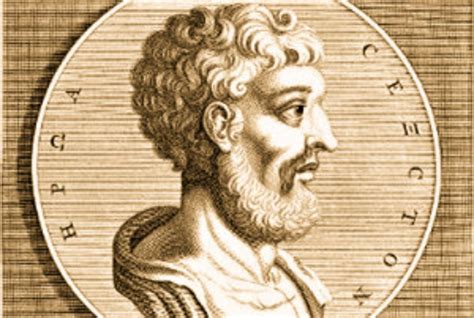A Quote by Gautama Buddha
The wind cannot shake a mountain. Neither praise nor blame moves the wise man.
Related Quotes
I could not become anything; neither good nor bad; neither a scoundrel nor an honest man; neither a hero nor an insect. And now I am eking out my days in my corner, taunting myself with the bitter and entirely useless consolation that an intelligent man cannot seriously become anything, that only a fool can become something.
Neither numbers nor powers nor wealth nor learning nor eloquence nor anything else will prevail, but purity, living the life, in one word, anubhuti, realisation. Let there be a dozen such lion-souls in each country, lions who have broken their own bonds, who have touched the Infinite, whose whole soul is gone to Brahman, who care neither for wealth nor power nor fame, and these will be enough to shake the world.
Do you know this Sanskrit Shloka: "Let those who are versed in the ethical codes praise or blame, let Lakshmi, the goddess of Fortune, come or go wherever she wisheth, let death overtake him today or after a century, the wise man never swerves from the path of rectitude." Let people praise you or blame you, let fortune smile or frown upon you, let your body fall today or after a Yuga, see that you do not deviate from the path of Truth.
Without seeking, truth cannot be known at all. It can neither be declared from pulpits, nor set down in articles, nor in any wise prepared and sold in packages ready for use. Truth must be ground for every man by itself out of it such, with such help as he can get, indeed, but not without stern labor of his own.



























